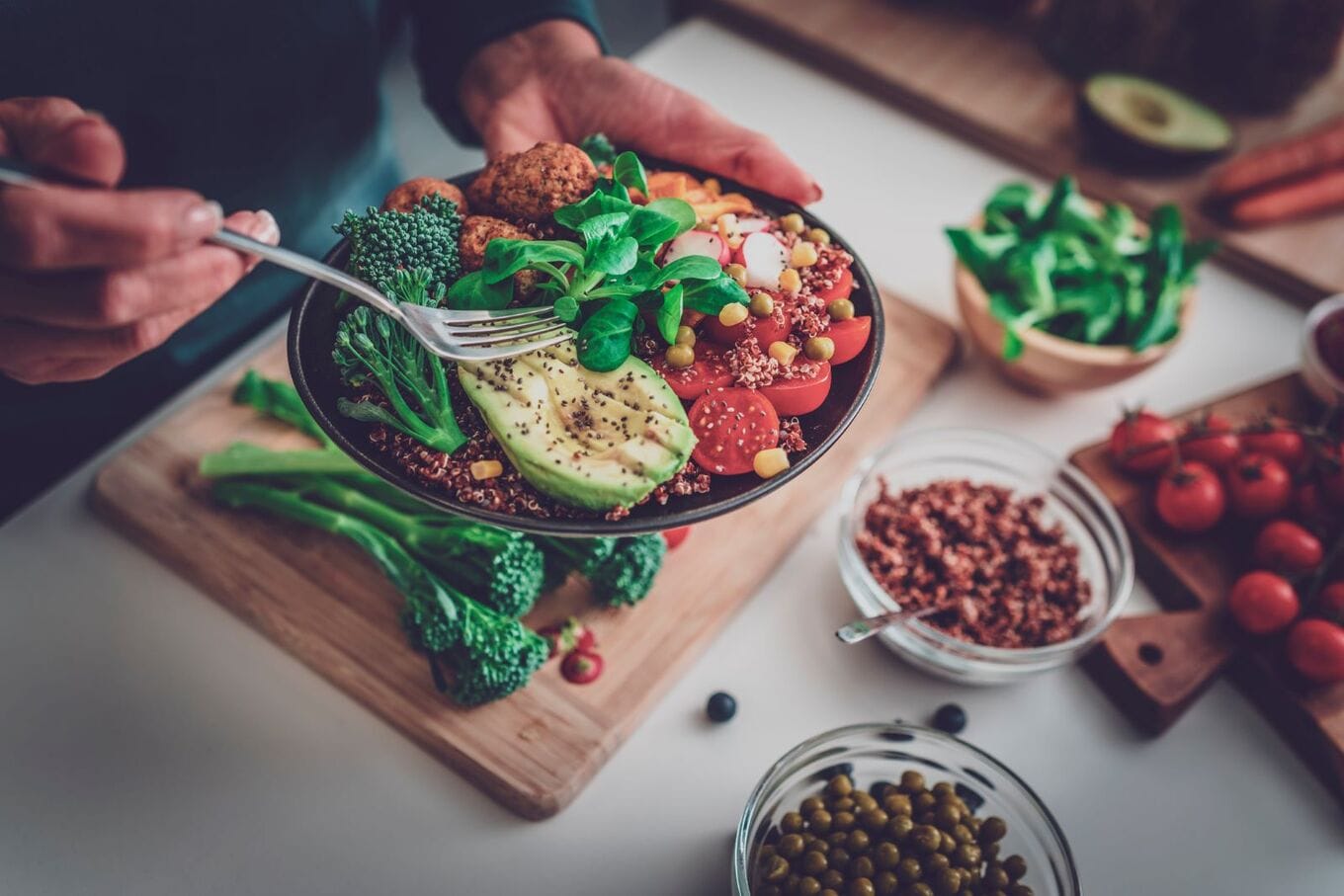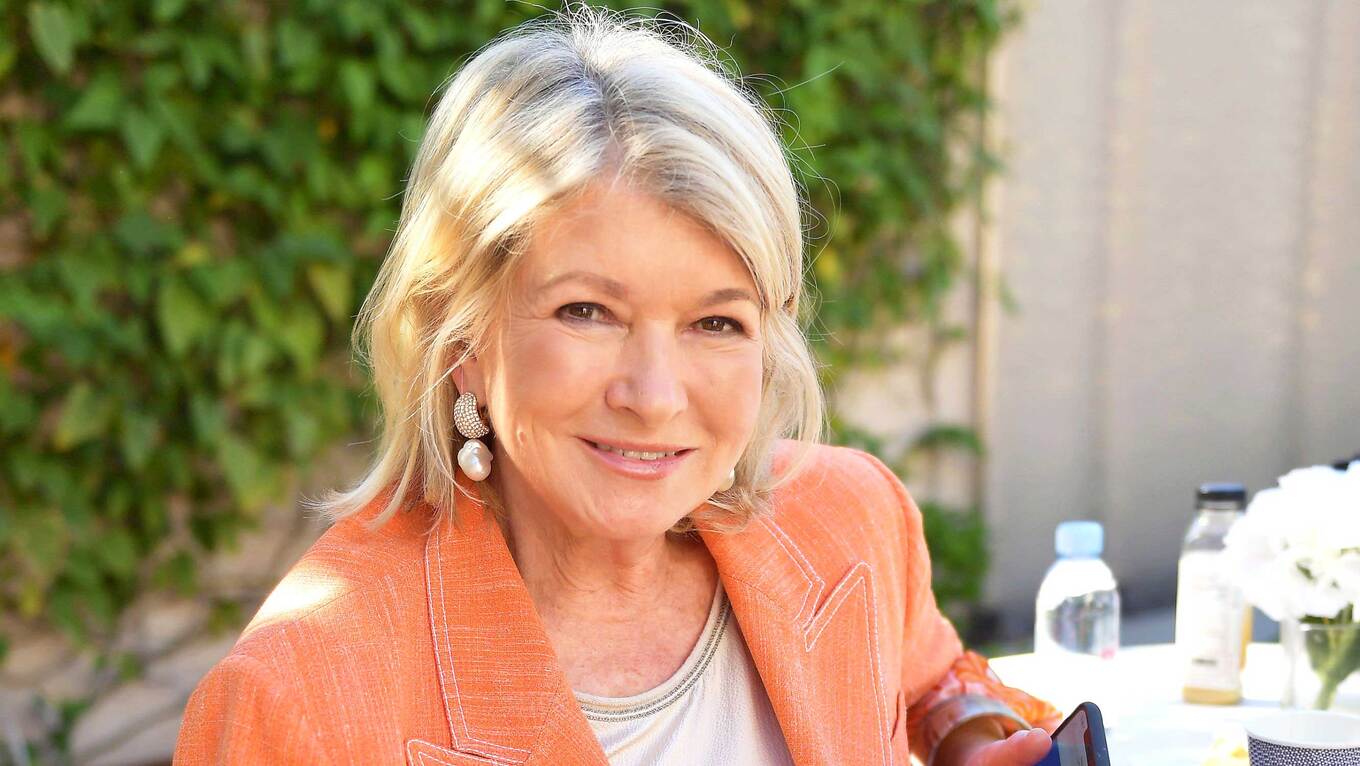Meat-based diets are all the rage on TikTok right now. Often called the “carnivore diet” or the “lion diet,” the rules are very simple: every meal revolves heavily around animal protein, with very little room for vegetables, legumes, or fruits.
In a video with nearly 10 million views, Ray Hicks (also known as Carnivore Ray) explains, “[Carnivore diets are] simple, just meat, eggs, and seafood. Any type of meat. Beef, chicken, lamb, pork, it doesn’t matter.” He adds that for oils, “it’s butter, ghee, and tallow,” and for seasoning, “it’s just salt.”
According to Hicks, he has eaten this way for nearly a year and feels better than ever. “I lost 90 pounds. My knee pain of a decade went away. My mental health is the best it’s ever been. My teeth, zero plaque. They always feel like I just came from the dentist,” he said.
However, experts aren’t so convinced that carnivore diets are beneficial to long-term health. Many dietitians and physicians have expressed concern that following an all-meat diet for a continuous period could lead to deficiencies and even a higher risk of chronic disease.
Pexels
Table of Contents
What is the carnivore diet?
The carnivore diet focuses heavily on animal protein, including chicken, fish, red meat, and eggs. It’s a more restricted form of the ketogenic (keto) diet, which is a high-fat, low-carbohydrate diet designed to shift the body into a metabolic state called ketosis.
“Sometimes referred to as the ‘zero carb’ diet, the carnivore diet restricts its followers to consume only animal-based foods including some dairy products and water,” Angel Luk, RD of Food Mysteries, told VegNews. “All plant-based foods including nuts, seeds, vegetables, fruits, legumes are not allowed, creating a type of ketogenic diet whereby almost no carbohydrates are eaten.”
Many followers of the carnivore diet report weight loss, and this is likely because, in ketosis, the body burns fat for energy instead of carbohydrates.
Is a carnivore diet healthy?
The non-carnivore keto diet does allow for plant-based foods, like avocado, leafy greens, and olive oil, but still, the emphasis is largely on animal-based protein. The diet was initially invented to treat children with epilepsy, and research shows it can be effective when used in this way. “We have solid evidence showing that a ketogenic diet reduces seizures in children, sometimes as effectively as medication,” reports Harvard Health.
However, in recent years, many adults have also been following the keto diet for weight loss. The publication notes it may work in the short-term, but it is ultimately very restrictive, and may not be a healthy choice long-term.
“A ketogenic diet could be an interesting alternative to treat certain conditions and may accelerate weight loss. But it is hard to follow, and it can be heavy on red meat and other fatty, processed, and salty foods that are notoriously unhealthy. We also do not know much about its long-term effects, probably because it’s so hard to stick with that people can’t eat this way for a long time.” —Harvard Health
Experts are even more concerned about the carnivore version of the keto diet, which heavily promotes fatty, salty foods and red meat. Excessive consumption of red meat has been linked with a higher risk of disease, including type 2 diabetes, heart disease, and cancer. The World Health Organization classifies it as a Group 2 Carcinogen, which means it is likely to cause cancer.
In another Harvard Health article, Howard E. LeWine, MD, the publication’s chief medical editor expresses concern about the saturated fat content in carnivore diets, which can raise LDL cholesterol considerably (LDL cholesterol is a risk factor for heart disease).
“Other longer-term concerns about keto diets, especially the carnivore diet, include the increased risk of kidney stones, gout, and osteoporosis,” he says. “Also, the very high protein intake associated with the carnivore diet can lead to impaired kidney function. Because keto diets induce the body to burn fat, all keto diets can jump-start a weight-loss program. But I would never recommend a carnivore diet for this purpose.”
Healthline expert Lizzie Streit, MS, RDN, LD, also warns against the carnivore diet. “No controlled studies support claims that the carnivore diet can help eliminate health issues,” she says. “It lacks beneficial nutrients, including fiber and plant compounds like antioxidants. It may be unsafe for some people.”
Luk agrees and expresses particular concern about the lack of plant compounds in a carnivore diet. “In a strict carnivore diet whereby no plant foods are allowed, the body is stripped of any opportunity to have phytonutrients that protect us from cancer and many chronic diseases,” she says. “These phytonutrients are exclusively found in plants.”
 Pexels
Pexels
But just like Hicks, many social media influencers are raving about how great they feel eating only animal protein. Bella, who runs the TikTok account Steak and Butter Gal, for example, says she eats a carnivore diet to maintain weight loss, keep her skin clear, reduce brain fog, and have “perfect poops smooth as butter.”
Experts do agree that weight loss is likely on this diet, but the other benefits might be for other reasons, says Walter C. Willett, MD, a Professor of Epidemiology and Nutrition at Harvard T.H. Chan School of Public Health. “It’s possible that some people who have been eating a lot of refined starch and sugar may get better in the short run. But this sounds like a diet that is going to be very unhealthy in the long run,” he told CNBC.
Like Luk, Willett notes that it’s just not possible to get enough beneficial plant compounds, as well as fiber, which, research suggests, is essential for maintaining overall gut and digestive health.
“It is impossible to get enough fiber by following the carnivore diet,” explains Luk. “The majority of adults already don’t get enough fiber each day. In general, adults need between 25 to 38 grams of fiber per day but most are only getting about half that much.”
She adds that low-fiber diets place people at risk for “high cholesterol, poorly controlled blood sugars, high blood pressure, inflammation, unhealthy gut microbiome, and digestive issues such as constipation.”
 Luce Hosier
Luce Hosier
What’s the healthiest diet?
Most experts agree that plant-based foods, like fruits, vegetables, nuts, seeds, legumes, and whole grains, are an essential part of a healthy lifestyle. This is regardless of dietary preference—whether you’re vegan, flexitarian, pescetarian, or omnivore.
In the world’s Blue Zones, which are five areas of the world where people live longer, healthier lives than people in the West, plant foods, like beans, legumes, fruits, and vegetables are dietary staples. Earlier this year, The US News & World Report labeled the plant-forward Mediterranean diet as the healthiest diet for the seventh year in a row.
“Vegetables are some of the best sources of dietary fiber, vitamin C, potassium, carotenoids, and antioxidants that we have,” Stephanie Wells, MS, RD, ACSM-CPT, founder of Thyme to Go Vegan Nutrition Services, recently told VegNews.
“It may be difficult to get enough vitamin C to support a healthy immune system without vegetables, especially if you don’t eat much fruit,” she added. “You may not get enough dietary fiber either, which is essential for reducing inflammation and helping beneficial gut bacteria thrive over pro-inflammatory bacteria.”
 Getty
Getty
If you’re struggling to eat more vegetables because you don’t like the taste or the texture, Wells advises blending them into sauces, smoothies, or desserts or mixing them in with other ingredients that you love (find more tips here). But the vast majority of research agrees: If you want to live a healthy lifestyle, you really do need fruits and vegetables in your diet.
Regarding the carnivore lifestyle, Luk says more research is needed. But “for now, it’s safe to say there are far more potential risks for harm than there is potential for health improvement.”







